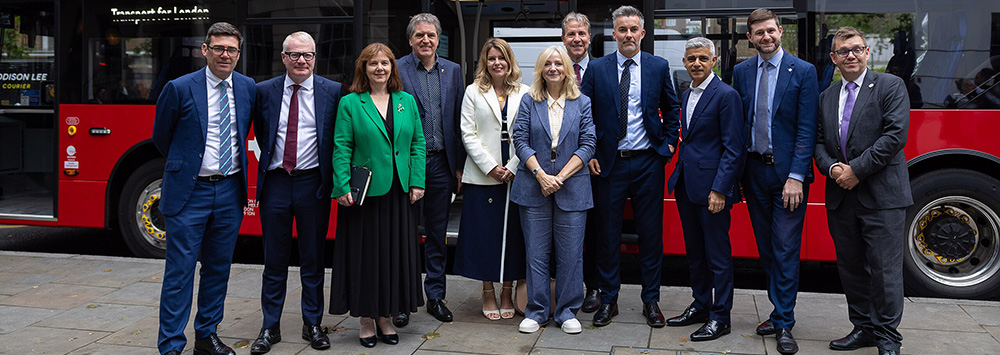Devolution in England is now well established, with Mayoral Combined Authorities (MCAs) gaining an increasing array of policy powers and responsibilities over recent years. The 2024 English Devolution White Paper confirmed a commitment from the government to a new era of local power, working ‘in partnership’ with metro mayors such as Liverpool City Region’s Steve Rotheram.
How do MCAs work with UK government in practice? This report by Dr Paul Anderson (Senior Lecturer in Politics at Liverpool John Moores University and Heseltine Institute Visiting Fellow) and Dr Tom Arnold (Research Associate at the Heseltine Institute) explores Intergovernmental Relations (IGR) in England – the ‘plumbing’ of government in multi-level systems such as the UK. Drawing on dozens of in-depth interviews with regional politicians, local government officials and civil servants, the report assesses:
- How relationships between MCAs and UK government have evolved
- How engagement between MCAs and government has shaped decisions on policy
- The variation between different MCAs in their interactions with government
- What mayors and combined authorities are learning from each other
- How new intergovernmental structures such as the Council of Nations and Regions can facilitate improved relations between government and MCAs.
With over 60% of England’s population now covered by devolution deals, and this figure set to rise over coming years, this report offers a timely insight into the relationships shaping regional policy, and highlights further opportunities for government to embrace the opportunities of devolution.
Read the report here:
The state of intergovernmental relations in England [PDF 2.8MB]
Back to: Heseltine Institute for Public Policy, Practice and Place
